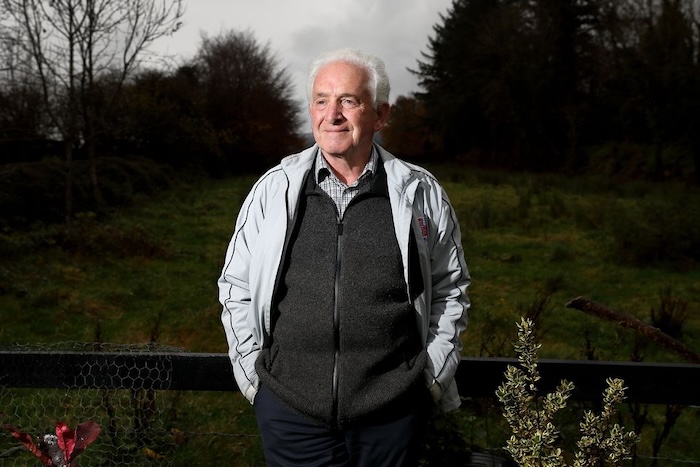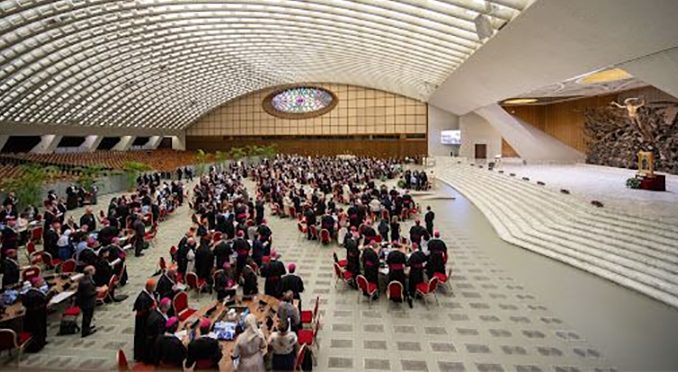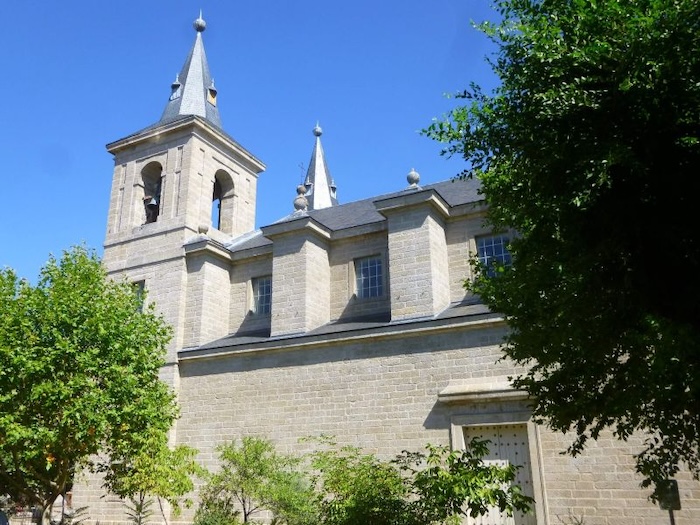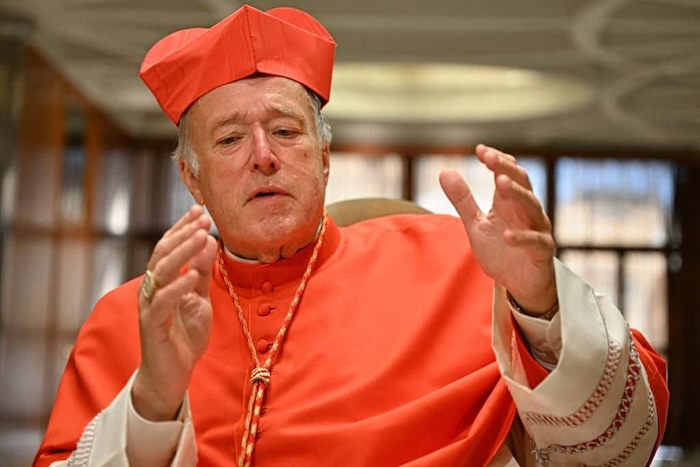
Pope Francis is facing growing dissent among members of the Catholic Church over recent decisions that opponents portray as contrary to traditional church doctrine.
The most controversial has been the publication of a document in December by a Vatican bishop, with the pope’s approval, mooting the “possibility of blessing couples in irregular situations and same-sex couples.” While the document stressed that it did not change the church’s stance on homosexuality, it brought a joint letter from Catholic clergy and scholars calling on others to disregard it.
Previously in his 11-year tenure as the head of the church, the pontiff has raised eyebrows by suggesting that even atheists could go to heaven and saying that he did not judge homosexuals, as well as taking a softer stance on abortion and remarriage.
Experts who spoke to Newsweek cast these tensions as an ideological clash between those in the church who wish to reform its message and those who want to conserve its traditional teachings, which reflects a broader culture war between liberal and conservative ideals.
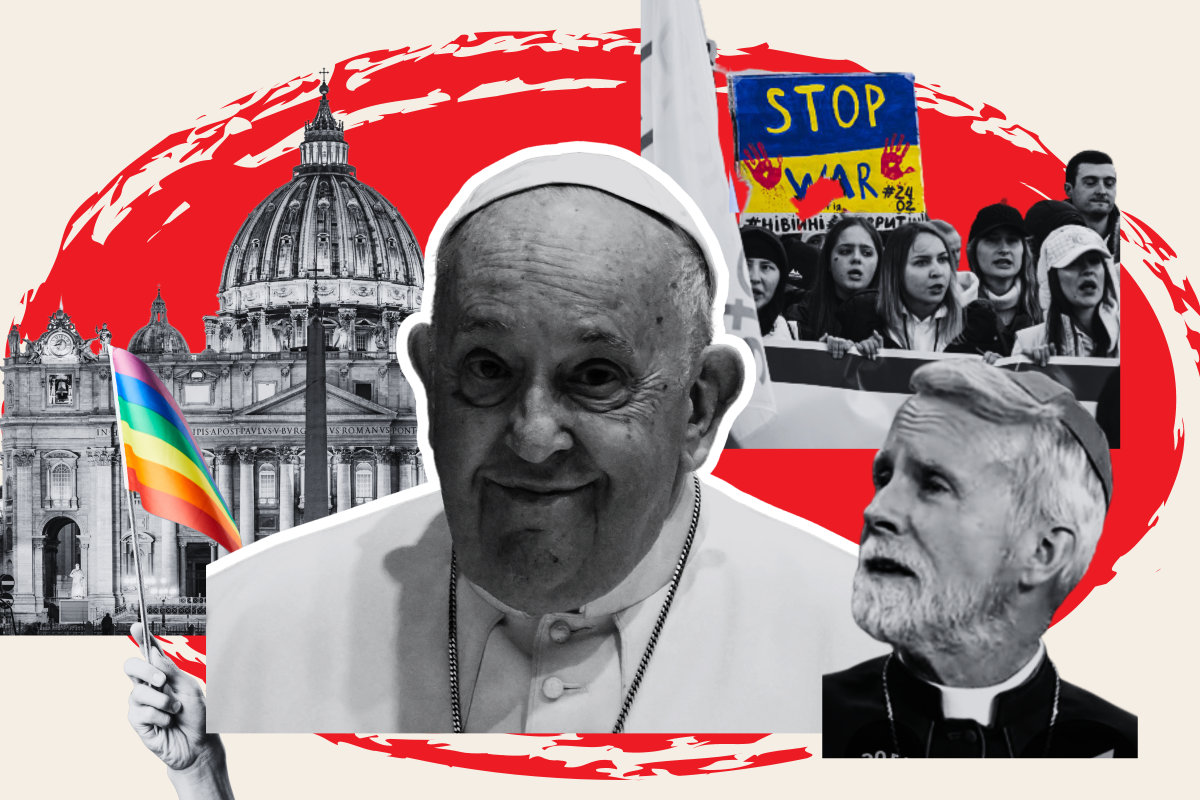
They said that rather than departing from the core principles of the faith, Francis was attempting to reach out to those who might not conform to a traditional view of family life to give them greater spiritual guidance without seeking to alter church doctrine.
While the dissent is expected to continue, Francis is unlikely to face calls for his removal, the experts said, and a split within the church is highly unlikely, owing to its historical structure.
“When Pope Francis first became pope, I’d say very early on he really distinguished himself from his immediate predecessors Benedict and John Paul II,” Michele Dillon, a sociologist and dean of the University of New Hampshire’s College of Liberal Arts who specializes in the Catholic Church, told Newsweek.
“He said that, really, the church needs to go and walk with people where…they’re at, and that the church needs to be pastoral,” she said.
Dillon said this approach was designed to “recognize the complexity of everybody’s lived reality” in the modern world, allowing the clergy to continue “working with them to keep them close to God, close to the church.”
In the open letter opposing the possibility of same-sex blessings, which was published in February, over a hundred Catholic thought leaders called on Francis to “urgently withdraw this unfortunate document, which is in contradiction with both Scripture and the universal and uninterrupted tradition of the Church.” They argued that this would be tantamount to condoning “objectively sinful” relationships.
The pope in turn accused the naysayers of “hypocrisy,” arguing that they were willing to let him bless someone who exploits people despite it also being considered a sin.
He also recently provoked criticism for suggesting Ukraine should be willing to negotiate a peace settlement with Russia, but Dillon said this was a political controversy rather than a religious one.
She interpreted Francis’ sentiments on the invasion as arising from “his commitment to [the] sanctity of life, basically that war is not a good thing and, being realistic, to what extent can the valiant efforts of the Ukrainians…actually defeat Russia.”
In particular, Dillon said, the sentiments came from an understanding of “how much the Ukrainians have suffered and continue to suffer.”
The other controversies surrounding Francis primarily concern the church’s teachings and could be viewed as an attempt to keep the church relevant in a changing world. While the number of Catholics worldwide has more than tripled in the past century, the proportion of Catholics compared with the total global population has decreased slightly in that time.
In August last year, the pontiff called out the “backwardness” of some Catholic conservatives in the United States, arguing that they had replaced faith with political ideology.
His opponents appear to accuse him of the same. Bishop Joseph Strickland of Tyler, Texas—a firebrand who has frequently railed against what he has described as “woke” values and has been critical of the pope—was among the loudest voices to oppose the idea of same-sex blessings.
He has previously said that “we must be first-century Christians in the 21st century” and that “corruption” had a “devastating stranglehold” on the church.
Strickland was removed from his diocese in November following an investigation earlier in the year. The Vatican has not disclosed why it chose to remove him. Strickland said he had “threatened some of the powers that be with the truth of the gospel.”
Darrell Bock, a senior research professor of New Testament studies at Dallas Theological Seminary, told Newsweek that Francis “represents a lean of the Catholic Church that tends to be more liberal and less traditional, and so some of the pushback is coming from the more traditional-oriented Catholics.”
Dillon said that the pope wanted to “find a way forward that can be inclusive rather than condemnatory.”
However, there is “a narrow segment—but it’s a loud segment—of very strongly conservative Catholics, including in the U.S….who really demand this [other] approach, even though the development of doctrine is something that is so essential to the Catholic Church,” she said.
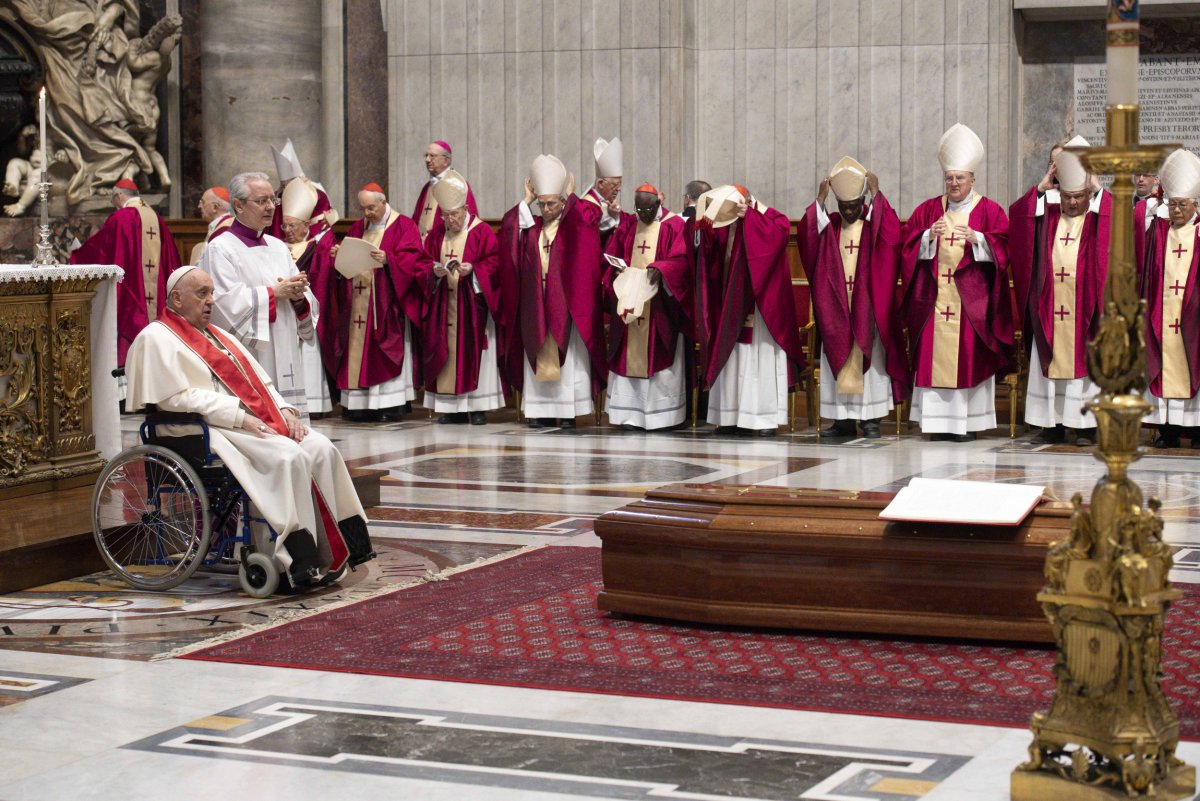
Dillon described Catholic doctrine as a “living tradition” and said that Francis was seeking a discussion on how to interpret the religion’s teachings “in light of the realities of the time.” But others have argued that he has shown an intolerance for disagreement.
“So far, no doctrine has been changed,” she said. “He’s not talking about the core principles of the Catholic faith. He’s not talking about anything to do with the birth, death and resurrection of Jesus.”
Dillon argued that if Pope John Paul II—considered a more conservative pontiff—had been subjected to a similar form of public dissent by liberal bishops, “that would be seen as being heretical by the very same bishops who now seem to be calling out Pope Francis and exaggerating what it is he is doing.”
While Bock casts Francis’ softening of the church’s rhetoric on key issues as a bid to maintain relevance, Dillon argues it is more to appeal to Catholics who may have been overlooked by the church in the past.
“What you’re seeing is an attempt to be more modern, more sensitive to the position of the church that’s been marginalized in a modern world. I think that’s the main thing that we’re seeing,” Bock said. “He is less bound by tradition as historically the Catholic Church has been and is willing to think through handling things differently than the way they’ve been handled, and I think that’s part of what you’re seeing.”
Dillon said, “It’s not trying to be relevant because he’s looking for votes at an election, so it’s not the relevance of a cynic.”
She added that a lot of sociological work in the 1990s investigated why gay individuals wanted to remain Catholic despite being stigmatized by the church and found that they saw its theology and rituals as a “very important part of their identity.”
“Despite the challenges that a lot of people have living out the letter of church teaching in terms of some of these issues, there’s still, nonetheless, a hunger for the spirituality and the theology…that the Catholic Church, over centuries, offers them,” Dillon said. “I think the challenge is for church leaders to try to harness people’s longing.”
But if the dissent over Francis’ leadership continues to grow, those more conservative voices might start calling for him to be replaced.
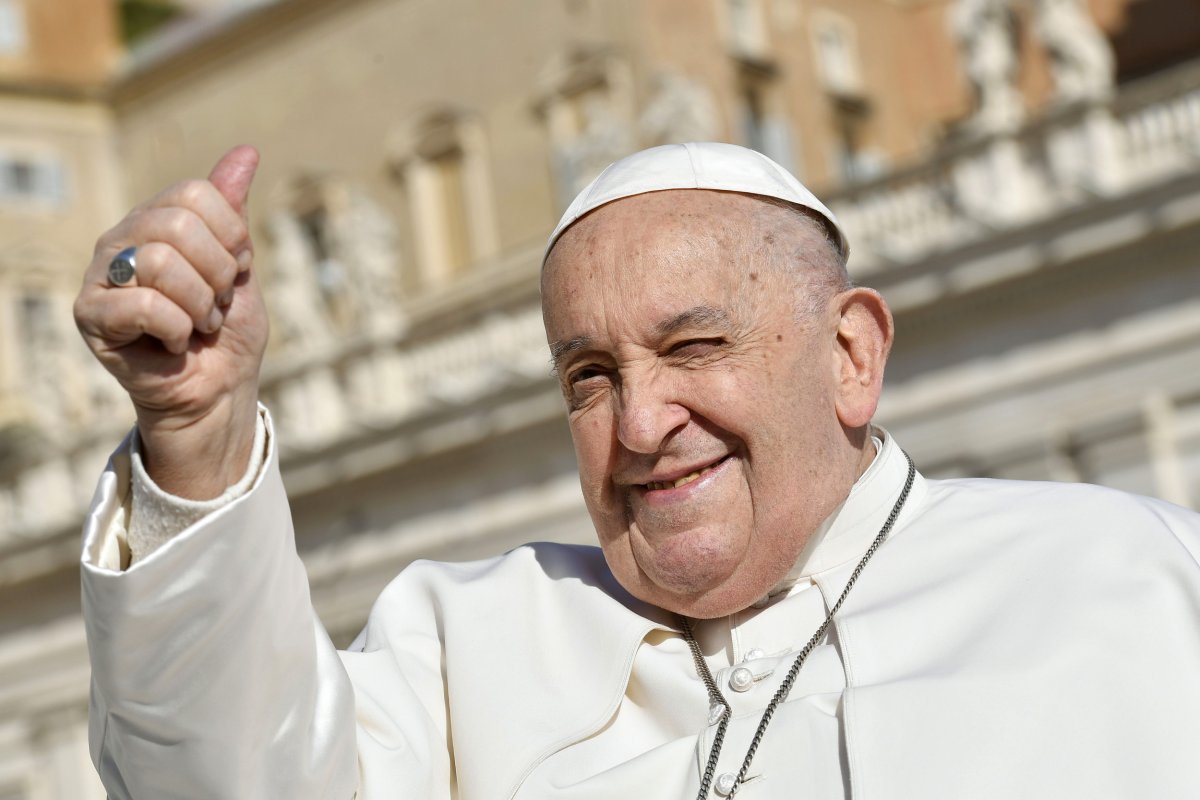
“I am not sure how much power exists to try and challenge a pope within the structure of the Catholic Church,” Bock said. “I think the pressure that comes is just the pressure that will come from the internal debates among the leaders in the Catholic Church, and there are very much two sides. His election reflects that.”
Dillon said that removing a pope was ultimately precluded for theological reasons. “Catholics believe in the Holy Spirit,” she said. “From this perspective, there is a reason why he is chosen to be pope.”
Even though internal politics was likely at play in his election, the conclave of cardinals that select a new Catholic leader is supposed to be guided by divine inspiration in their choice. “They don’t have the authority to override what might be seen as the work of the Holy Spirit,” Dillon said.
But if the dissent became pronounced enough, Francis’ position might be seen as untenable. Questions have already been raised about his health and the possibility of his abdicating on such grounds, as his predecessor did.
But in recently published excerpts of his autobiography, the pontiff said that he did not see “any conditions for renunciation” and disregarded criticism of his leadership. Bock said Francis would likely see stepping down “as an abandonment of what [he’s] trying to achieve.”
Much of the conservative dissent against the pope’s decisions appears to come from the U.S. Many of those who signed the open letter were American. While there has not been a significant split in the Catholic Church in hundreds of years, could there be another on the way?
“The Catholic Church, precisely, is not a schismatic church,” Dillon said, adding that it has always had diversity. “To me, the talk of schisms is really attention-grabbing, and, in my assessment, it’s very un-Catholic to even have that thought.”
Bock agreed, saying, “The Catholic Church is structured in a very traditional and historical way, and I just don’t see it getting to the point of an absolute break of any kind. What you’ll get is just that sound of protesting voices in the internal dialogue within the church. This has been going on for a long time.”
Complete Article ↪HERE↩!

